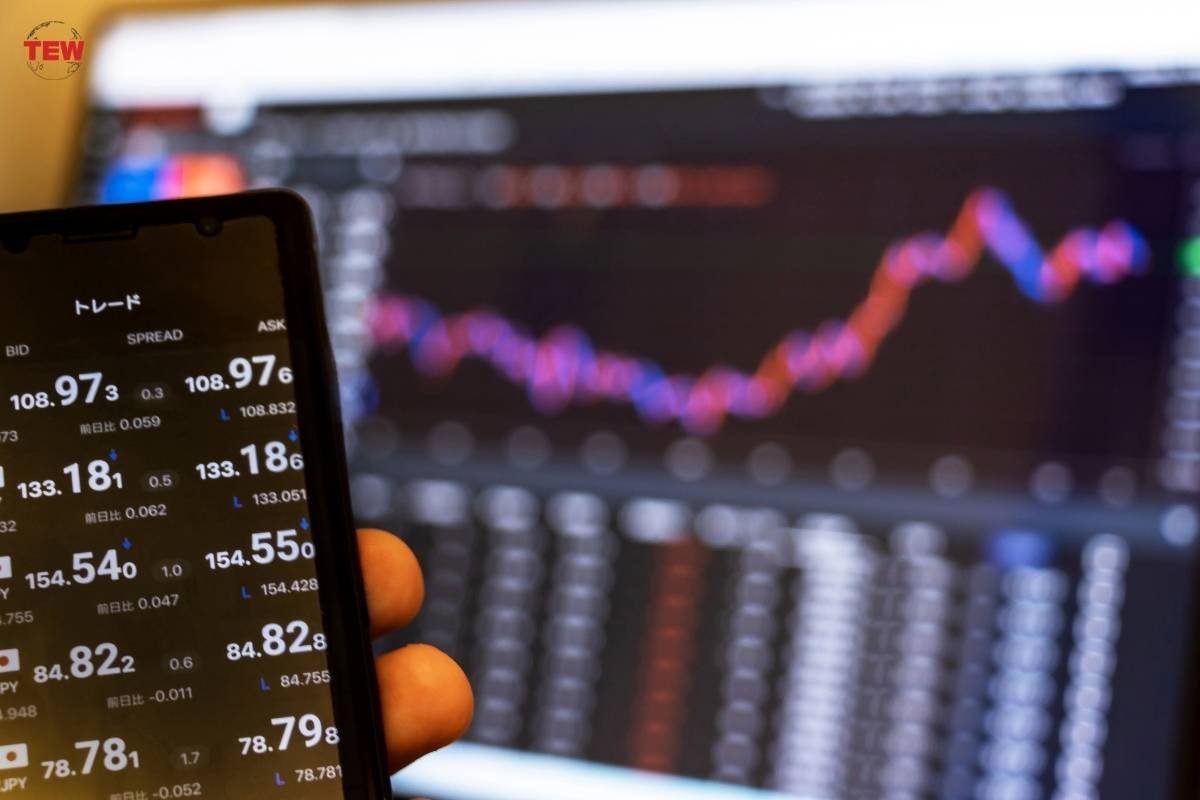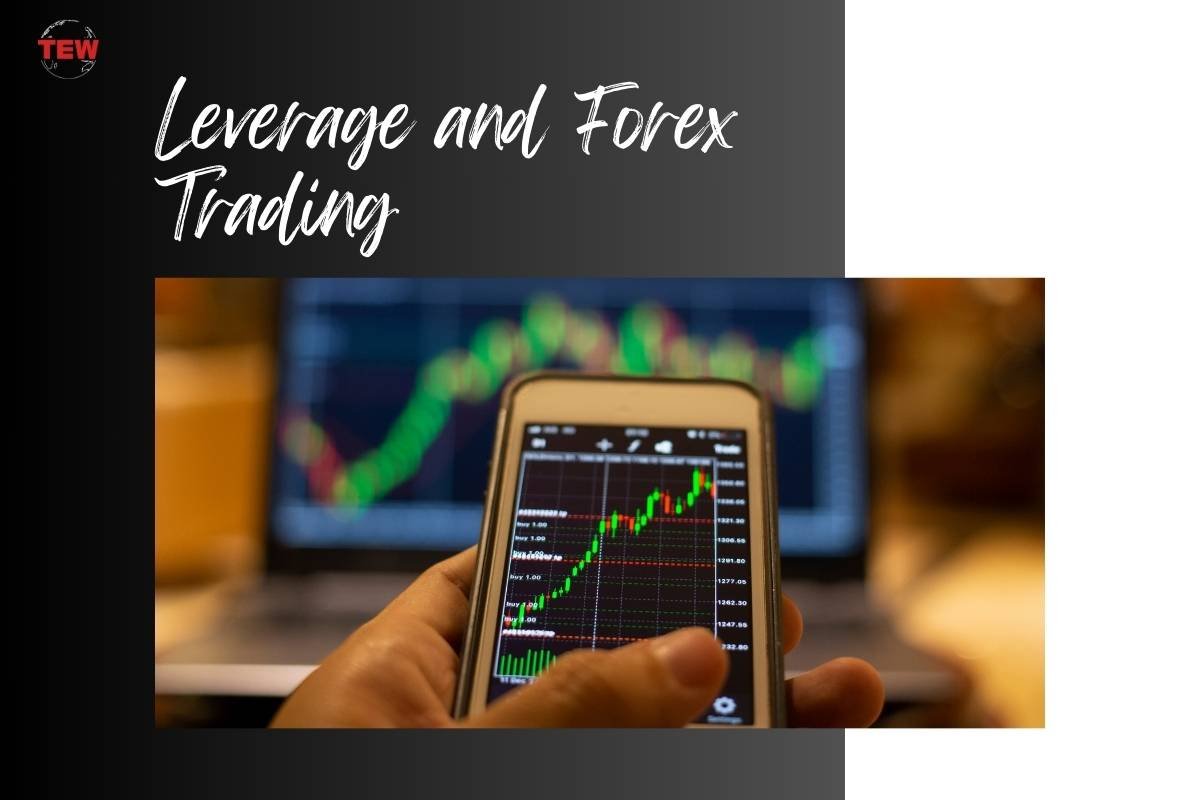A very common concept in the leverage in forex trading world. It allows traders to deposit a smaller amount of money for a much larger exposure to the market. This powerful feature allows traders to benefit from comparatively small price movements and gain greater exposure.
In this guide, we will explain what is leverage in forex trading and how it works:
1. Leverage in Forex Trading
As we know, Forex trading involves trading exchange rates of currencies in attempts to move rates in the favor of traders. Forex currency rates are shown as bid and ask prices with the broker. Investors will be shown the asking price if they want to purchase currency. If they want to sell the currencies, they would be shown the bid price.
Investors use leverage to increase profits from Forex trading because the market offers them the highest amounts of leverage. Put simply, leverage is a loan that investors borrow from brokers. The trader’s Forex account allows trading on borrowed funds. Brokers may limit the leverage amount with new traders. So, it is advised to choose Forex brokers with high leverage for a reasonably high amount of leverage. Traders can tailor the amount according to the desired leverage.
It is important to note that brokers seek a percentage of the trade’s notional amount as cash, which is termed the initial margin.
2. How Does Leverage in Forex Trading Work?

To start leverage trading, traders should start with a leverage lower than their maximum allowed leverage. In this way, they can keep their positions open for the full size, even with negative returns.
Leveraging trading is more favorable when it comes to short-term price movements. However, this is less suitable for long-term investment, for example for years or decades. In such cases, a “buy and hold” technique is more suitable.
For traders considering leverage trading, it is important to understand the risks involved. Although the strategy can result in substantial profits, it can also result in significant losses. If the currency you trade on moves in the opposite direction, leverage trading will amplify your losses.
So, Forex traders must use a trading style that uses stop-loss orders to control potential losses. A stop-loss order helps traders cap the losses on a trade. Most importantly, traders must always plan everything because trading without a plan is one of the most critical mistakes people make in Forex trading.
Pros of Leverage Trading

- Access larger positions
One unique advantage of leverage trading is that it allows traders to access larger positions than their initial capital would allow otherwise. So, even if you have a modest capital amount, your trading account may gain huge exposure in the market.
When a trader can trade larger positions, it helps them diversify their portfolio and grab more lucrative opportunities in the market. In addition, you gain the flexibility to use different asset classes and trading strategies.
- Higher returns on investment
During favorable market conditions, leverage can bring huge profits to traders. For example, with an open leveraged position, a small favorable price movement can yield larger gains compared to unleveraged positions. This is appealing to traders who are excellent at market timing and analyzing price trends. But again, risk management for Forex trading is important.
- Optimize your capital efficiency.
Leverage allows traders to allocate the available capital across multiple positions. This helps make their investment portfolio more diversified and efficient. For example, traders can spread it across multiple assets rather than allocating $1,000 to a single asset. This also provides protection against losses in a single position.
Please note that while leverage optimizes capital efficiency, it may amplify the risks involved with each position. So, you must be careful when allocating your capital.
Cons of Leverage Trading

- Margin calls
When losses exceed the margin, a broker issues a margin call for additional funds. If you do not meet this call, you will lose your position. These margin calls are disruptive to traders, so they must maintain sufficient funds in your account.
- Overleveraging
Employing a leverage bigger than the account size results in overleveraging. While it can increase gains, it also increases the chance of substantial losses. So, traders should be careful in selecting leverage ratios according to their risk tolerance and trading strategy.




